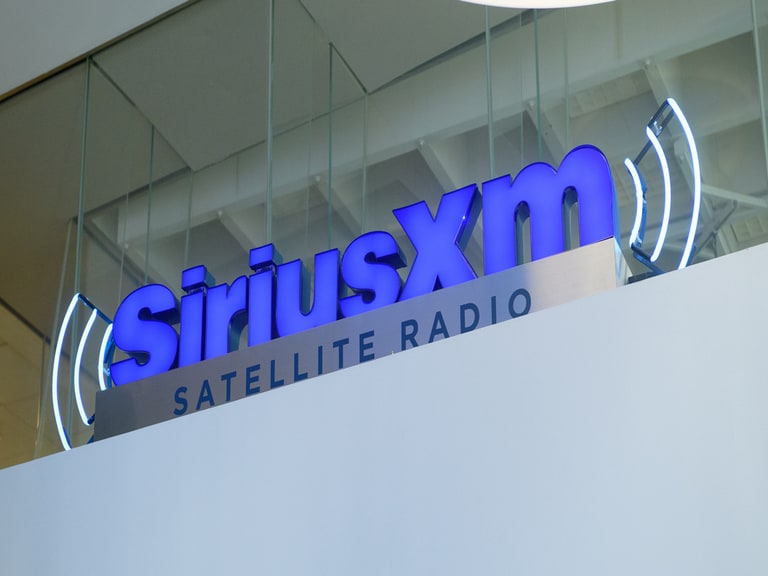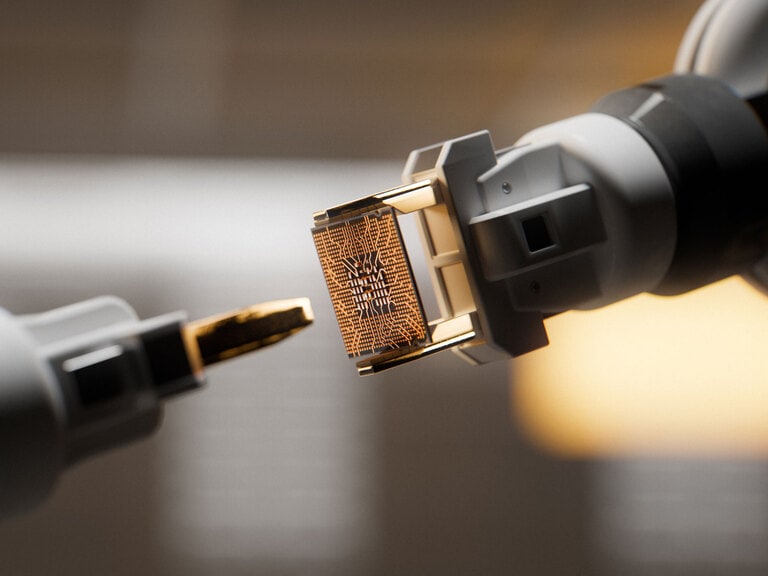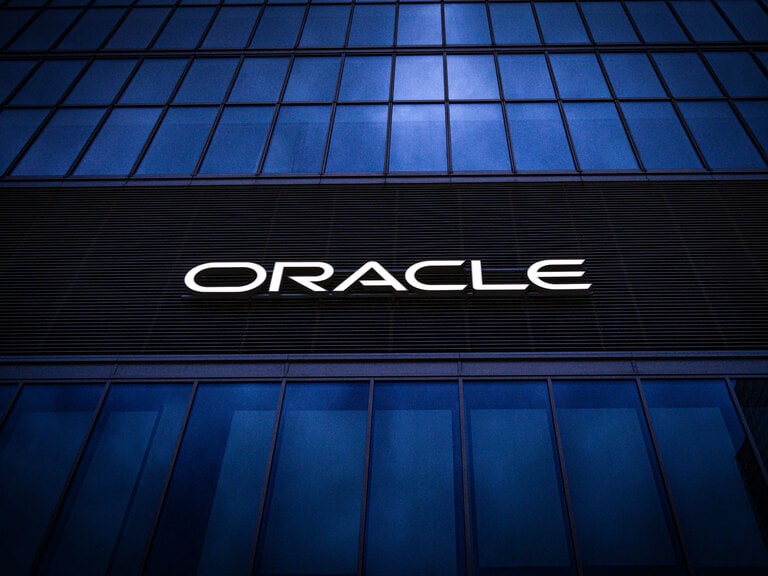During Q1 2024, Citadel, the world’s most successful hedge fund, appears to have once again outperformed its competitors. However, the fund lagged the S&P 500; like the index, Citadel’s holdings are overweight in the magnificent seven group of technology stocks, and there are signs that the group’s momentum might be slowing.
Ken Griffin Beats Competitors
Ken Griffin’s Citadel posted Q1 gains across all its funds, including a 5.75% return for its flagship Wellington fund, according to a source familiar with the matter who spoke to Reuters.
The Citadel Global Equities fund gained 6.3%, while its Global Fixed Income fund gained 2.1%. Among the funds mentioned by Reuters, Citadel’s Tactical Trading fund posted the highest quarterly returns of 7.6%.
These numbers suggest that Citadel is outperforming its peers this quarter. According to data from Hedge Fund Research cited by MarketWatch, Citadel’s competitors had generated an average return of 2.9% in the year to 1 April.
However, the numbers trail the performance of the stock market in general. The S&P 500 gained 9.9% over the same period, outstripping even Citadel’s top-performing funds.
| Track the performance of Citadel's largest holdings in the OPTO app: | 5 days performance |
|---|---|
| Nvidia [NVDA] | -3.52% |
| Microsoft [MSFT] | +1.52% |
| Amazon [AMZN] | +3.13% |
Data correct as of Wednesday, 10 April.
About Ken Griffin and Citadel
With returns of approximately $74bn since its inception in 1990, Citadel is the “most successful hedge fund in history”, according to a February report from Yahoo! Finance. Founder, CEO and Co-Chief Investment Officer Griffin is currently the world’s 37th richest person, with a net worth of $37bn.
Griffin takes a diversified approach to investing.
Citadel has commodities, credit, equities, fixed income, and global quantitative strategies. Indeed, it is one of the best-known quantitative trading firms in the world. Its algorithmic strategies are based on proprietary research, data, and technology and cover equities, futures, fixed-income, and currency products.
A Worrying Preponderance?
This diversified approach is reflected in the portfolio of Citadel, which manages assets worth $59bn, according to Reuters.
As of its latest 13-F filing for Q4 2023, Citadel’s largest holdings (excluding indices and options) are Nvidia [NVDA], Microsoft [MSFT] and Amazon [AMZN], which account for 0.4%, 0.3% and 0.2% of the portfolio respectively.
The three top holdings reflect the concentration of the global equities market in the ‘magnificent seven’ stocks. Citadel’s seventh-largest holding, Meta [META], also belongs to the group, meaning that four of Citadel’s top seven holdings are in the magnificent seven. As of 24 March, the seven stocks comprised an estimated 27.4% of the S&P 500; Nvidia, Microsoft and Amazon alone represented 16.1% of the index.
During Q1, Citadel significantly increased its positions in Nvidia, Amazon, and Meta (77%, 227%, and 127%, respectively) but sold 15.8% of its stake in Microsoft.
While the artificial intelligence boom fuelled the magnificent seven’s gains throughout 2023, there are signs that their momentum has been slowing this year.
In a March contribution to Forbes, Dan Irvine, Investment Manager and Principal at 3Summit Investment Management, observed that “annual returns of 48% for Apple [AAPL] to 239% for Nvidia in 2023, are not sustainable”, and pointed to Tesla’s [TSLA] year-to-date losses of 29% as evidence of how dramatically fortunes can reverse.
“Their momentum is ebbing, and when it shifts, the markets could experience a sudden jolt,” he added.
This slowdown could spell trouble for the broader market, especially given how concentrated the S&P 500 is in these stocks.
Replicating Griffin’s Approach
While Citadel’s investing strategy may be closely guarded, investors can explore ways to replicate the fund manager’s returns.
Citadel’s biggest non-options holding is a 0.5% bet on the SPDR S&P 500 ETF Trust [SPY], which seeks to replicate the S&P 500 index. The ETF is up 28.5% over the past 12 months to 9 April and up 9.7% year-to-date.
The magnificent seven stocks, particularly Nvidia, Amazon and Meta, will have accounted for a substantial proportion of the S&P 500’s gains this quarter.
Beth Kindig, CEO and Lead Tech Analyst for the I/O Fund, pointed out in Forbes at the end of February that the other four magnificent seven stocks all appear to have peaked already. This argument could shed light on Griffin’s sale of Microsoft shares during Q4.
Nvidia, Amazon and Meta gained 76%, 21.9% and 46.7%, respectively, in the year to 9 April. Microsoft gained 12.9% while Alphabet [GOOGL] gained 10.9%; the remaining two magnificent seven stocks (Apple and Tesla) underperformed SPY, which gained 9.1%.

Continue reading for FREE
- Includes free newsletter updates, unsubscribe anytime. Privacy policy






